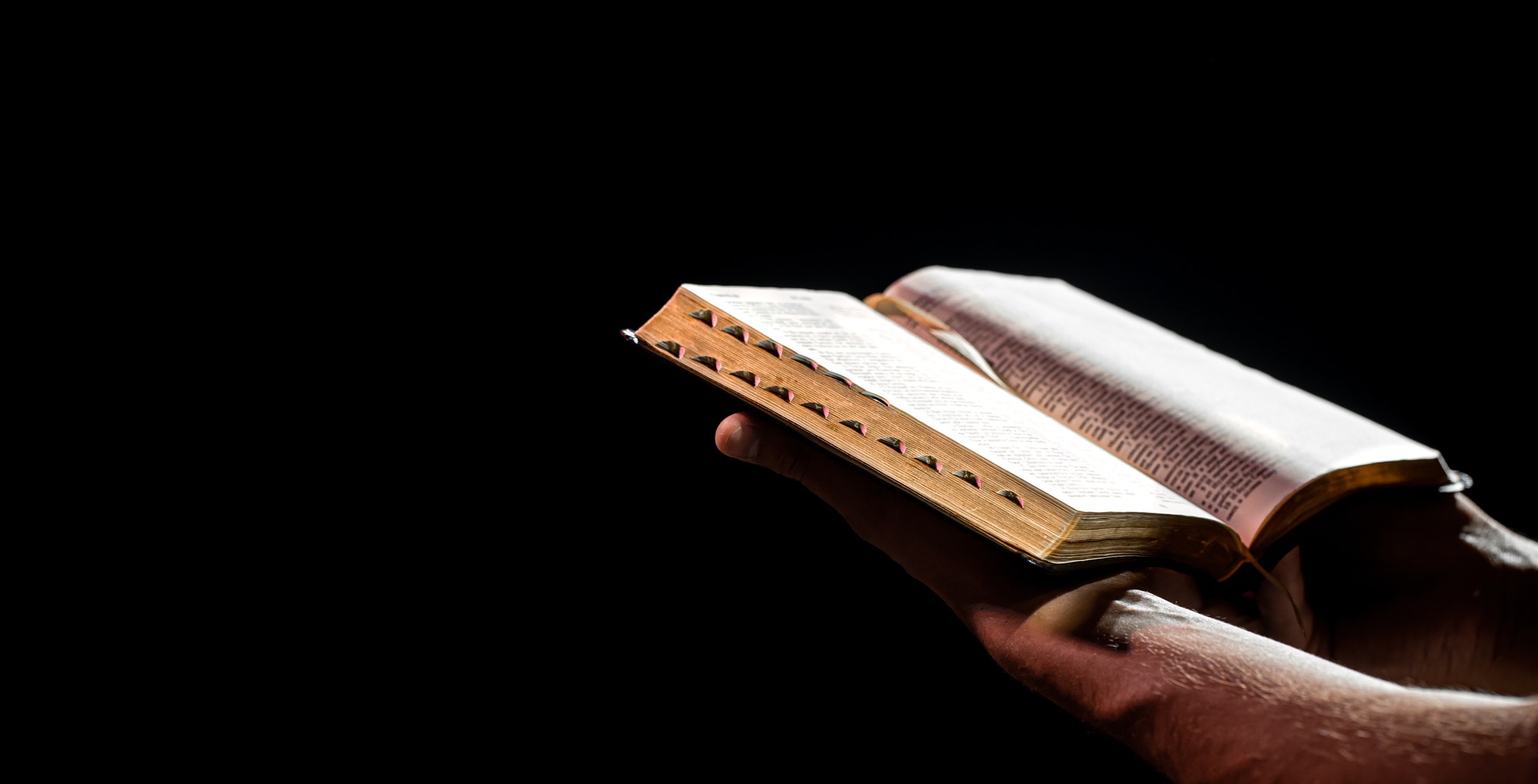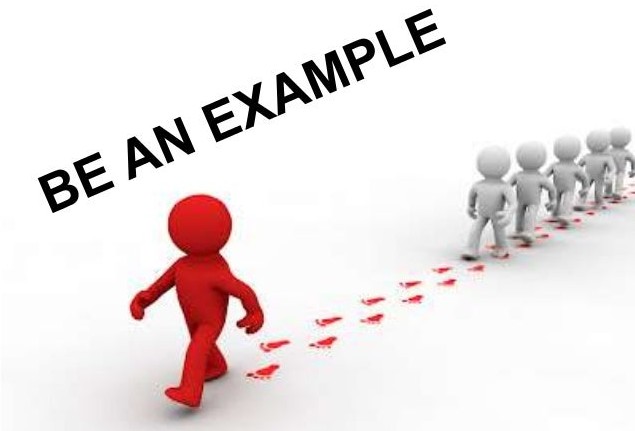Psalm 19:12-14
“Who can discern his errors? Acquit me of hidden faults. Also keep back Your servant from presumptuous sins; let them not rule over me. Then I will be blameless and I shall be acquitted of great transgression. Let the words of my mouth and the meditation of my heart be acceptable in Your sight, O Lord, my rock and my Redeemer.”
David showed no hostility toward God, and he tried hard to change whenever he could see that he was wrong. However, he could not always see it. For instance, David stole Bathsheba, the wife of Uriah, and she became pregnant. After conniving and cheating in an attempt to avoid the consequences, David intentionally arranged for Uriah to be killed in battle.
Incredible as it may seem, David did not see how terribly wrong his sexual immorality in both his thoughts and actions was. He broke both the spirit and letter of the law. Not until the prophet Nathan brought him to his senses did spiritually blind David realize his sinful behavior.
Nevertheless, we cannot judge David too harshly, since our vision is likewise clouded regarding many of our problems. It is hard enough to recognize and admit the problems we can see, much less the ones we cannot. Rather than judge him, we can actually identify with David.
In Psalm 139:23-24, we read, “Search me, O God, and know my heart; try me, and know my anxieties; and see if there is any wicked way in me, and lead me in the way everlasting.” Human nature is blind to the problems in our character, so we have to ask God to show us the things that we can’t see. A trait of a disciple of Jesus Christ is the willingness to admit when wrong, and then repent. If we justify our faults, there is no need to review them. If we are the person who justifies themselves, we will be the person who looked in the mirror, saw their faults, and then walked away doing nothing about them.
Teachability is a matter of our vision.




